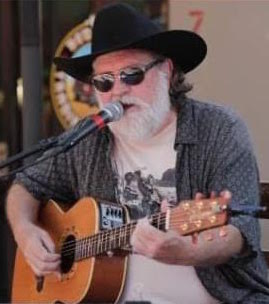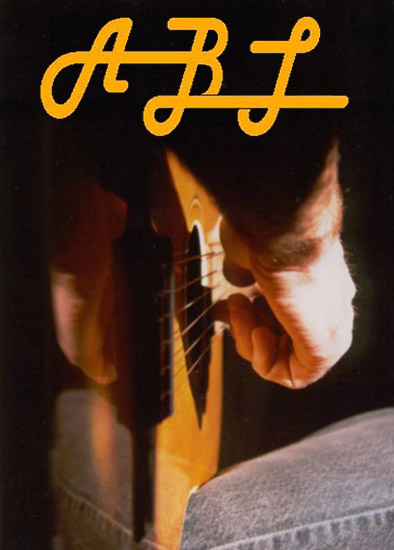There is a songwriting tips page on Colorado Sandstorm Music. A new one is added each week. Some of the tips refer to lyrics, some to music, some to attitude, some to general knowledge, some to inspiration.
Since I have been overwhelmed with an abundance of opportunities right now, and some of those may turn into a future column (or 3), I'm short of time.
So, I'll use some of the songwriting tips for music here this month. Last month's column was on songwriting tips for lyrics.
"I’ve deliberately left certain things vague about the guitar, because I like the primitive aspect of the way I play and think about the guitar. I never think about what key I’m in. I just start to play and hope for the best." — Elvis Costello
"Beauty of style and harmony and grace and good rhythm depend on simplicity." — Plato
"... shake yourself loose from the patterns that your fingers are used to following. That’s how you come up with something that might have a unique quality. Good things do come out of throwing yourself off the cliff." — John Sebastian
"It’s amazing how much cooler it gets when you change one note in a chord." — Sean Watkins
"I learned from listening to James Taylor that you don’t want your melody to be the root of the chord. You want the melody to be an interesting note in the chord. And if you have a given melody note, there are different chords that go with it, so pick one where the melody is a fifth or a seventh or a third or a ninth, but not the tonic." — David Wilcox
"Use melody, downbeat, and longer notes to emphasize important
words." — Steve Seskin
"Use vocal range, chords, melodic rhythm, and use of the downbeat
or off-beat to distinguish different parts of a song. If one
of those doesn't change, the others become more important." — Steve Seskin
"Do something twice then do something else." — Steve Seskin
"Let your hooky chorus notes be heard the first time in the
chorus." — Steve Seskin
"...find things for the guitar to do that complement what’s being sung or that help support it. Sometimes it’s playing the melody along with myself, at other times it’s playing more of a moving background part." — Bruce Cockburn
"During a writing
session, if you hit a
lull, try playing and/or
singing what you have
completed in a totally
different style, tempo
or rhythm."— Ed Skibbe 
"Many songwriters I have
heard locally--and even
many pro writers in LA
or Nashville--tend to
write most of their
songs in the same
rhythmic pocket. If you
have a repertoire that
is mostly a particular
tempo or feel and one of
these songs is getting a
disappointing response,
try changing it to a
different tempo or
rhythm. Who knows, that
country ballad that no
one seems to like much
might really be a huge
reggae hit!" — Ed Skibbe 
"So my
advice is to relax and
listen for melodies in
the air even if it is a
song being played across
the way. If something
finds you, you will know
its right and go from
there." — Marko Wilson
"Create changes: starts, stops, drama, minor chord to major chord (triumphant), small idea to a bigger change." — unknown
"Read your lyrics out loud while walking. Listen to where the syllables fall on the beats, and where your voice naturally rises and falls." — unknown
"One simple way to find fresh sounds on the guitar is to play around with a capo. Take a familiar progression of open chords in the key of G, for instance; add a capo at the third fret, and you’re playing in the not-so-familiar key of Bb. The change of key and register may stir some ideas." — Jeffrey Pepper Rodgers
"...you can lower the tuning of all the strings a half step or a whole step to put the guitar into a less familiar range while still being able to play normal fingerings." — Jeffrey Pepper Rodgers
Thanks for visiting AcousticByLines. |


